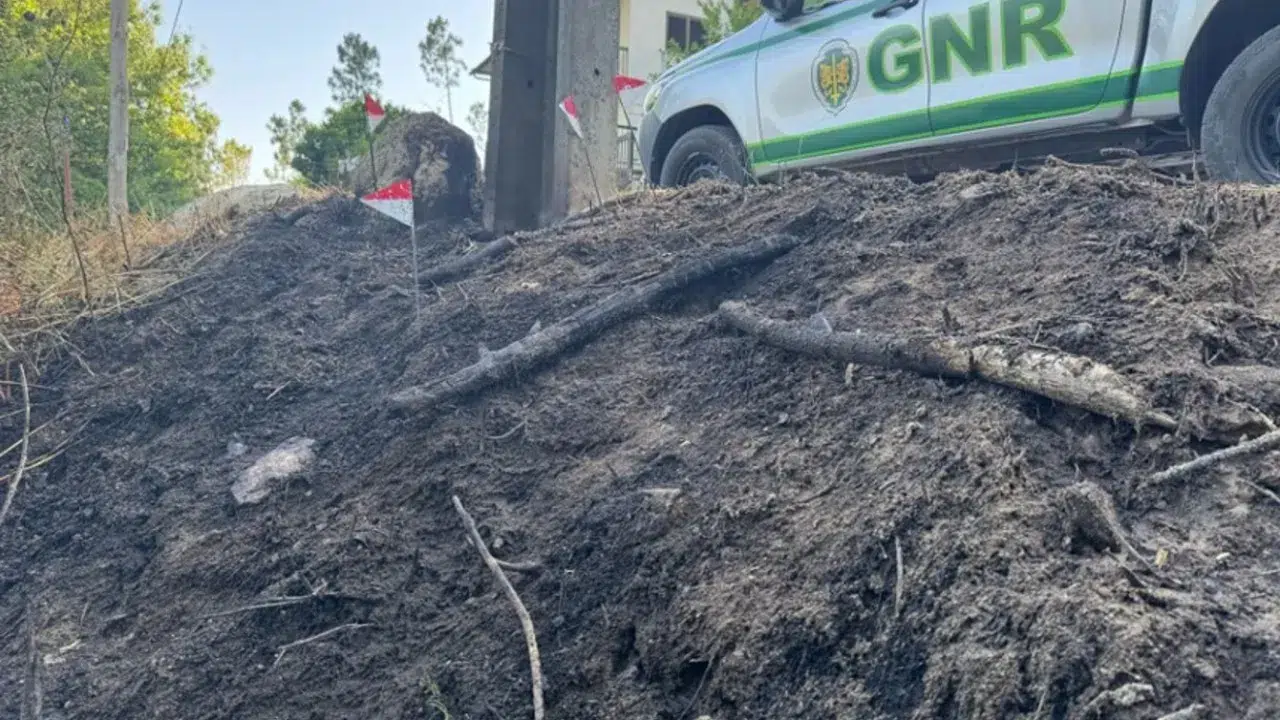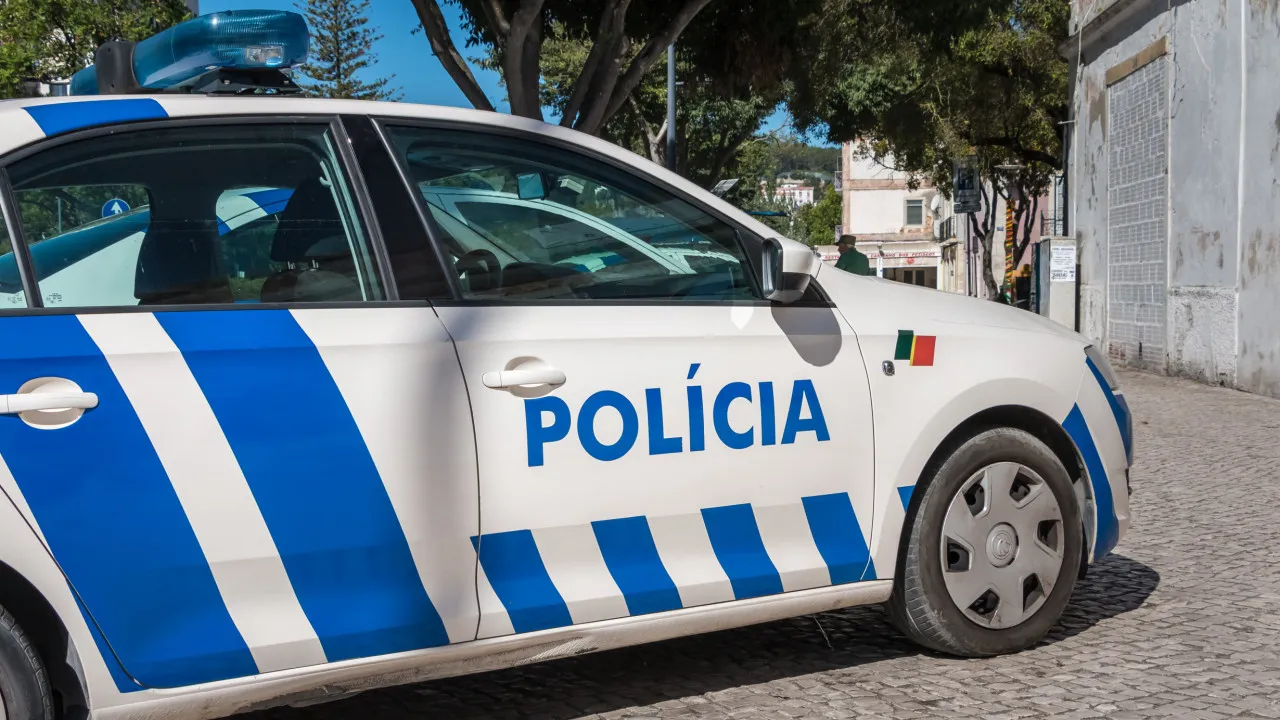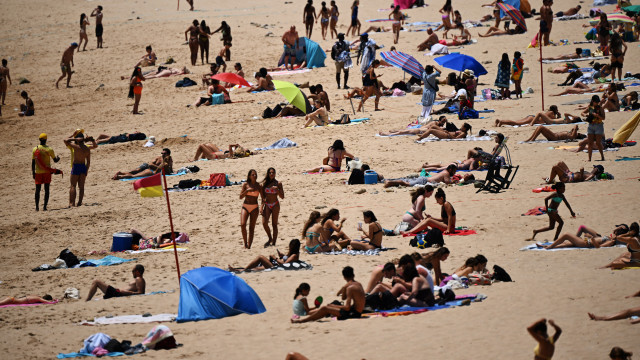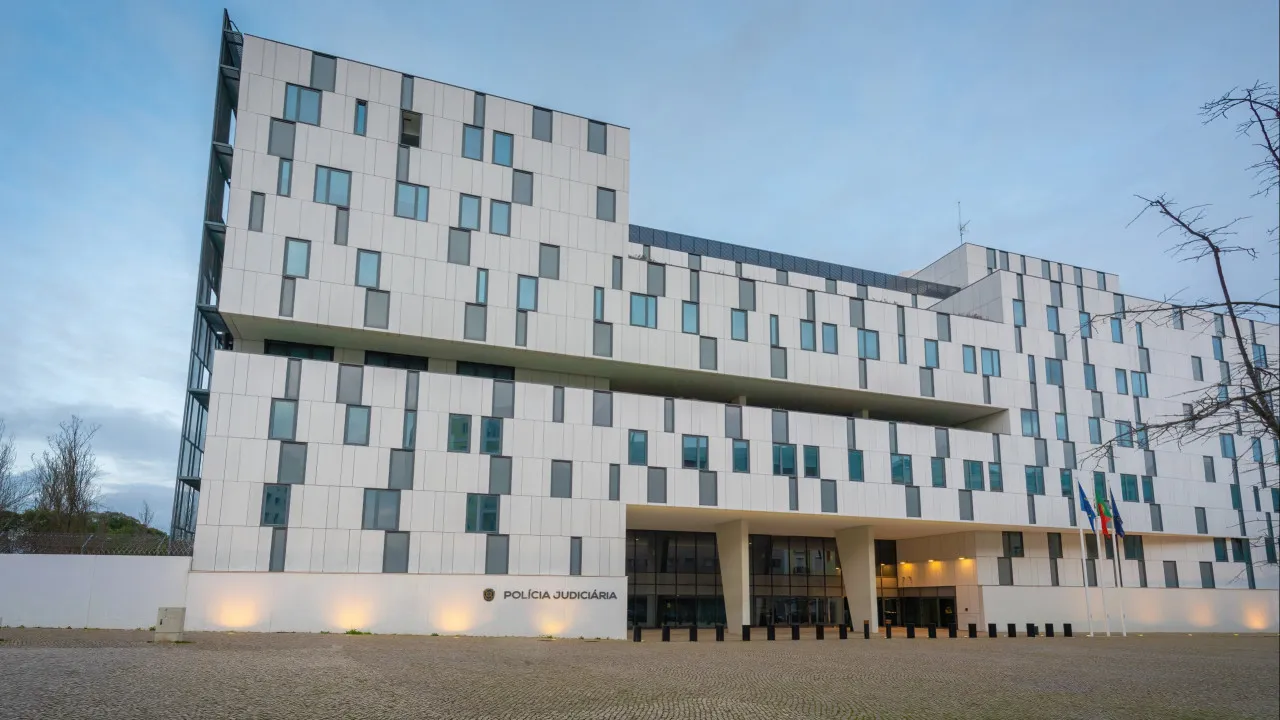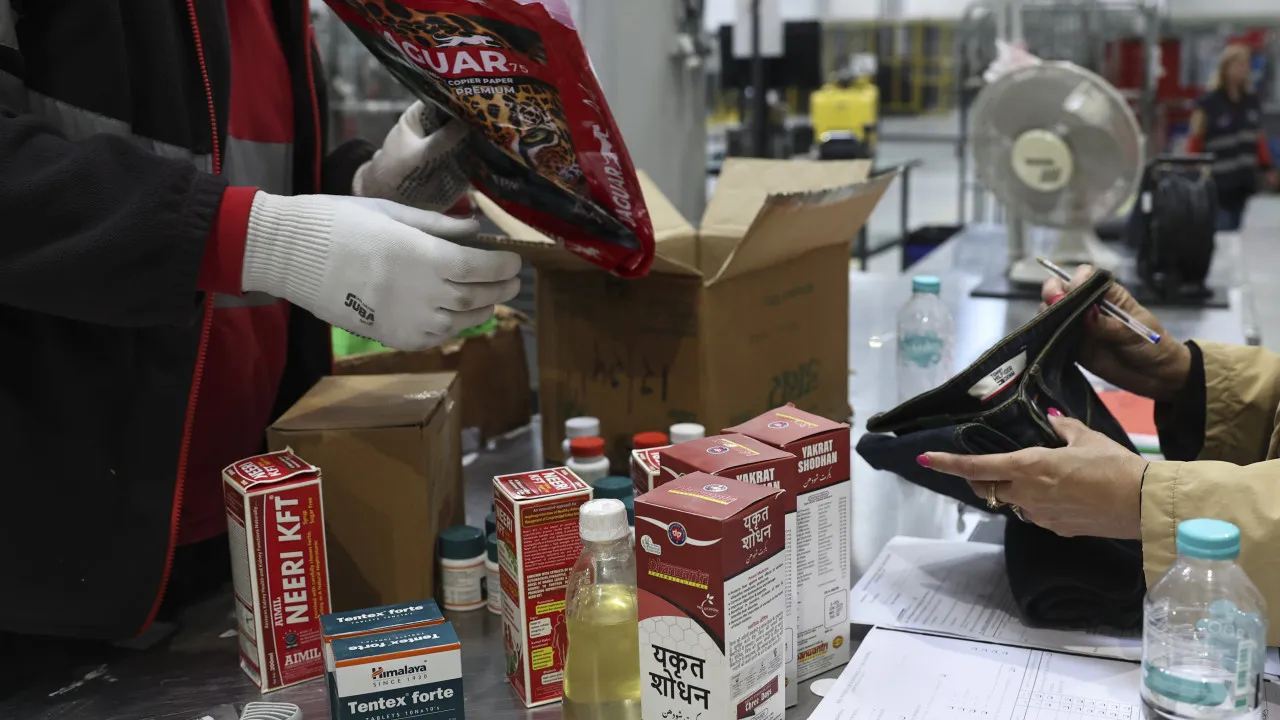
Due to efforts by Infarmed, Portuguese authorities have blocked the entry of 29,225 units of illegal medicines, valued at over 74,000 euros.
A total of 675 shipments were inspected in Portugal, with 146 being seized during the operation that took place between December 2024 and May of this year.
Medications for erectile dysfunction continue to lead the seizures, accounting for about 60% of the total recorded during the operation, followed by dietary supplements, which represented around 33% of the seizures. Many of these are suspected of containing active substances that are exclusively used in medications, according to Infarmed.
“Screening is based on the suspicion of medication falsification,” explained Ana Rita Martins from Infarmed’s Inspection Unit.
The operation in Portugal involved the National Authority of Medicines and Health Products (Infarmed), the Tax and Customs Authority (AT), and the Judiciary Police (PJ).
While the seizure of counterfeit medicines or the return of those unauthorized for circulation in Portugal is done under current legislation, criminalizing the individuals who market these drugs proved more challenging.
In statements to Lusa, Inspector Afonso Sales, coordinator of criminal investigation at the PJ’s National Unit for Combating Corruption (UNCC), noted that the Portuguese penal code includes an article regarding the corruption of food or medicinal substances that foresees criminal sanctions, but “there must be a concrete danger to life.”
“From this perspective, Portugal also joined the MEDICRIME Convention in 2011, relating to counterfeit medicines, and we are now working towards introducing a specific crime in our criminal jurisdiction to directly penalize the counterfeiting of medicines,” Sales added during a control action in Portugal.
The inspector noted that currently it is not feasible “with mere counterfeiting or transport,” hence the authorities are attempting “to resort to different types of crimes” or even “define it under anti-doping laws for sports.”
Inspector João Faria from Interpol’s national office, promoter of Operation Pangea, reported that authorities have detected “several connections of names appearing as ‘suppliers’ not only in Portugal but also in other countries.”
“This work is ongoing and is essential to identify potential networks,” he added.
Confirming an increase in access and online purchases of such products post-pandemic, Manuela Manta from AT stated, “People tend to order these types of products more, and this is reflected in the results.”
The annual Operation Pangea, now in its 17th edition, targets the seizure and prevention of illicit drug trade, posing a threat to consumer safety. It includes counterfeit medications and drugs diverted from the legitimate supply chains, which are also a revenue source for transnational organized crime groups.
In Portugal, controls took place at the Lisbon Airport Customs (including the Postal Packages Customs Delegation), where AT, Infarmed, and PJ staff worked together, and at the Porto Airport Customs.
According to Interpol’s statement, Pangea XVII led to the seizure of 50.4 million doses of illicit medicines, valued at 65 million dollars, the arrest of 769 suspects, and the dismantling of 123 criminal groups worldwide, marking the highest figures in the operation’s history.
The operation had additional support from Europol, the World Customs Organization, the World Health Organization, the International Narcotics Control Board, national health regulatory agencies, and the Institute for Safe Medications Practices.

